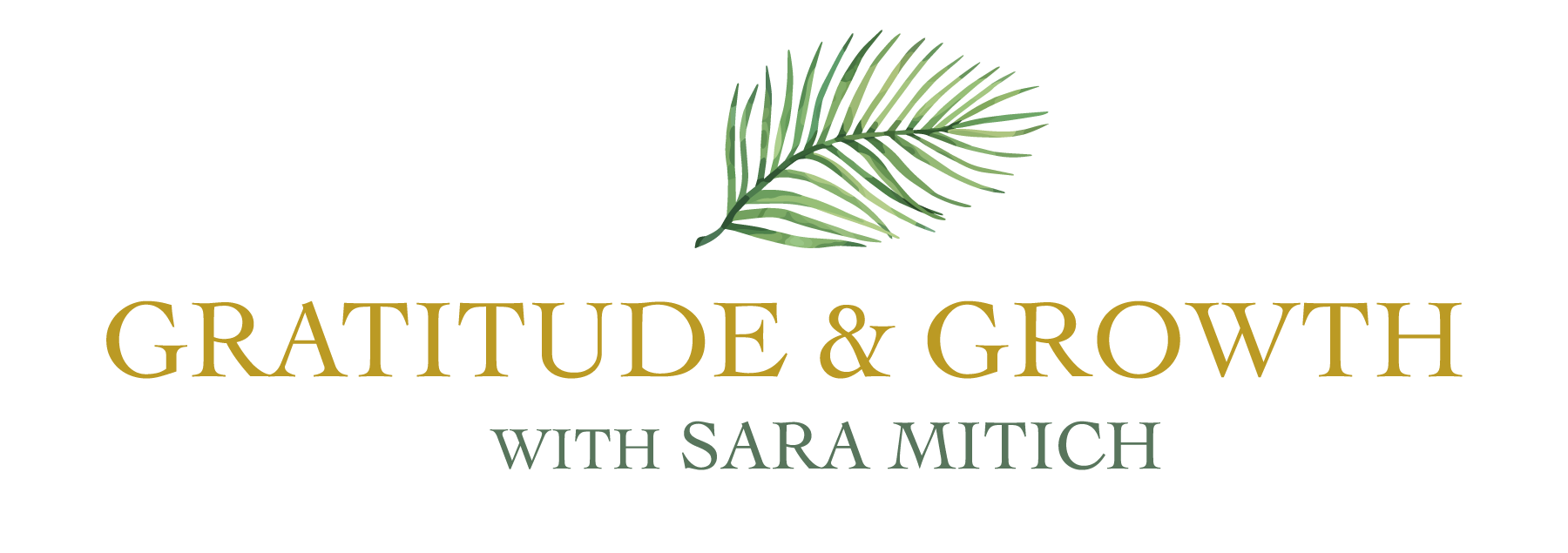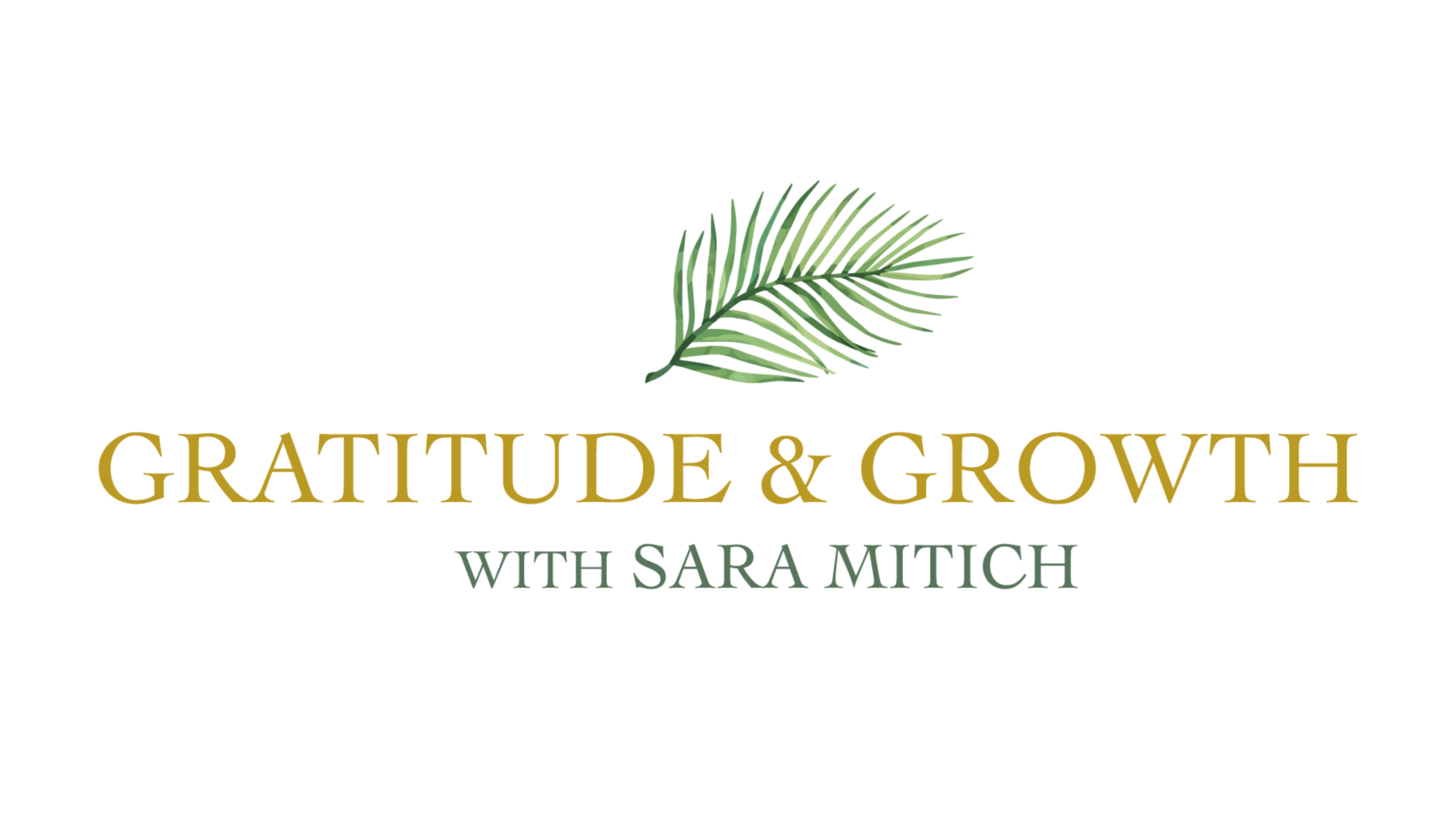Why Morning and Night Matter So Much
There’s a reason morning and evening rituals are so powerful—and it’s not just because they’re trendy.
It’s because your subconscious mind is wide open in those windows.
Just as you’re waking and just before you sleep, your brain passes through what’s known as the theta brainwave state—a relaxed, impressionable frequency where thoughts, emotions, and beliefs sink in more deeply. This is when your nervous system is most receptive, and your subconscious is absorbing without resistance.
So what you think and feel during those windows… matters.
Gratitude in the morning trains your mind to filter for good.
Gratitude at night programs your subconscious to rest in safety.
And over time, those two minutes a day?
They start to rewire how you move through the world.
It’s because your subconscious mind is wide open in those windows.
Just as you’re waking and just before you sleep, your brain passes through what’s known as the theta brainwave state—a relaxed, impressionable frequency where thoughts, emotions, and beliefs sink in more deeply. This is when your nervous system is most receptive, and your subconscious is absorbing without resistance.
So what you think and feel during those windows… matters.
Gratitude in the morning trains your mind to filter for good.
Gratitude at night programs your subconscious to rest in safety.
And over time, those two minutes a day?
They start to rewire how you move through the world.
What I Actually Do
Let me be honest: most mornings, I do a full practice.
I journal for 45–60 minutes. I move my body. I breathe. I meditate.
It’s not performative—it’s what keeps me grounded, open, and present.
And gratitude is always part of it.
Even if nothing else happens, I always begin the day with gratitude.
And at night, no matter what kind of day I’ve had—even if it’s been messy or exhausting—I take a moment to go through all the good things that happened in my day. Even if I only can find one.
That’s it.
Bookending my day with this tiny ritual has changed my life.
I journal for 45–60 minutes. I move my body. I breathe. I meditate.
It’s not performative—it’s what keeps me grounded, open, and present.
And gratitude is always part of it.
Even if nothing else happens, I always begin the day with gratitude.
- Sometimes that means writing 3 things I’m grateful for.
- Sometimes I whisper “thank you” with my hand on my heart before I even get out of bed.
- Sometimes I sit in silence and feel my breath and think, “Wow. I get another day.”
And at night, no matter what kind of day I’ve had—even if it’s been messy or exhausting—I take a moment to go through all the good things that happened in my day. Even if I only can find one.
That’s it.
Bookending my day with this tiny ritual has changed my life.
Why Gratitude Is So Powerful (It’s Not Just “Positive Thinking”)
Let’s clear something up:
Gratitude is not spiritual bypassing.
It’s not pretending everything’s fine.
It’s not about ignoring hard things.
It’s about choosing presence over panic.
Regulation over reactivity.
Hope over helplessness.
Here’s what the science says:
It literally changes the way your brain sees the world.
And in a world that constantly pulls us into fear and urgency… that matters.
Gratitude is not spiritual bypassing.
It’s not pretending everything’s fine.
It’s not about ignoring hard things.
It’s about choosing presence over panic.
Regulation over reactivity.
Hope over helplessness.
Here’s what the science says:
- Gratitude activates the prefrontal cortex—the part of the brain linked to emotional regulation, decision-making, and calm.
- It increases dopamine and serotonin, which boosts mood and motivation.
- It helps shift your reticular activating system—a filter in your brain that determines what you notice. The more you practice gratitude, the more your brain notices what’s going right.
It literally changes the way your brain sees the world.
And in a world that constantly pulls us into fear and urgency… that matters.
You Don’t Have to Do It Perfectly
Some mornings you’ll forget.
Some nights you’ll be too tired.
That’s okay.
The power isn’t in doing it every single day.
The power is in returning to it—again and again—because it feels good. Because it brings you home to yourself.
Your ritual doesn’t need to be long or fancy.
Try this:
It’s not about performance.
It’s about programming your mind and body to feel safe, supported, and connected.
Some nights you’ll be too tired.
That’s okay.
The power isn’t in doing it every single day.
The power is in returning to it—again and again—because it feels good. Because it brings you home to yourself.
Your ritual doesn’t need to be long or fancy.
Try this:
- In the morning, say or write: “Today, I’m grateful for…”
- At night, ask yourself: “What softened me today?” or “What felt like a gift?”
It’s not about performance.
It’s about programming your mind and body to feel safe, supported, and connected.
Gentle Tools to Help You Start
If this speaks to you, I created something to help:
21 Days of Gratitude: Exercises for a More Positive Life
This is my go-to for times when I feel my gratitude practice slip, or I feel like life is getting away from me—a low-pressure, soul-centered 21-Day Guide with daily prompts that gently guide your mind toward presence, appreciation, and calm. And the best part? Most take 15 minutes or less to complete, but completely change your day-to-day living.
✨ You can get it HERE and start today with less pressure and more joy.
21 Days of Gratitude: Exercises for a More Positive Life
This is my go-to for times when I feel my gratitude practice slip, or I feel like life is getting away from me—a low-pressure, soul-centered 21-Day Guide with daily prompts that gently guide your mind toward presence, appreciation, and calm. And the best part? Most take 15 minutes or less to complete, but completely change your day-to-day living.
✨ You can get it HERE and start today with less pressure and more joy.


